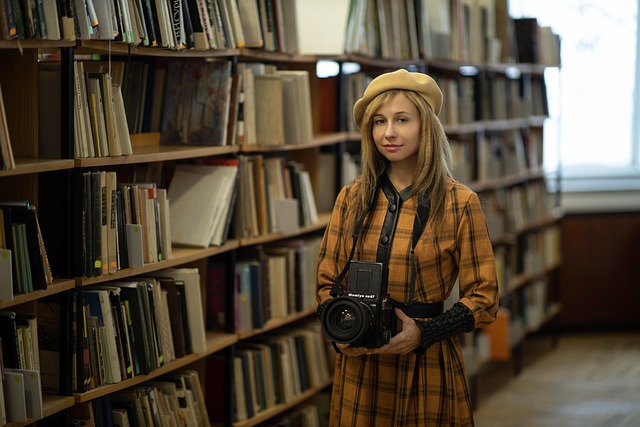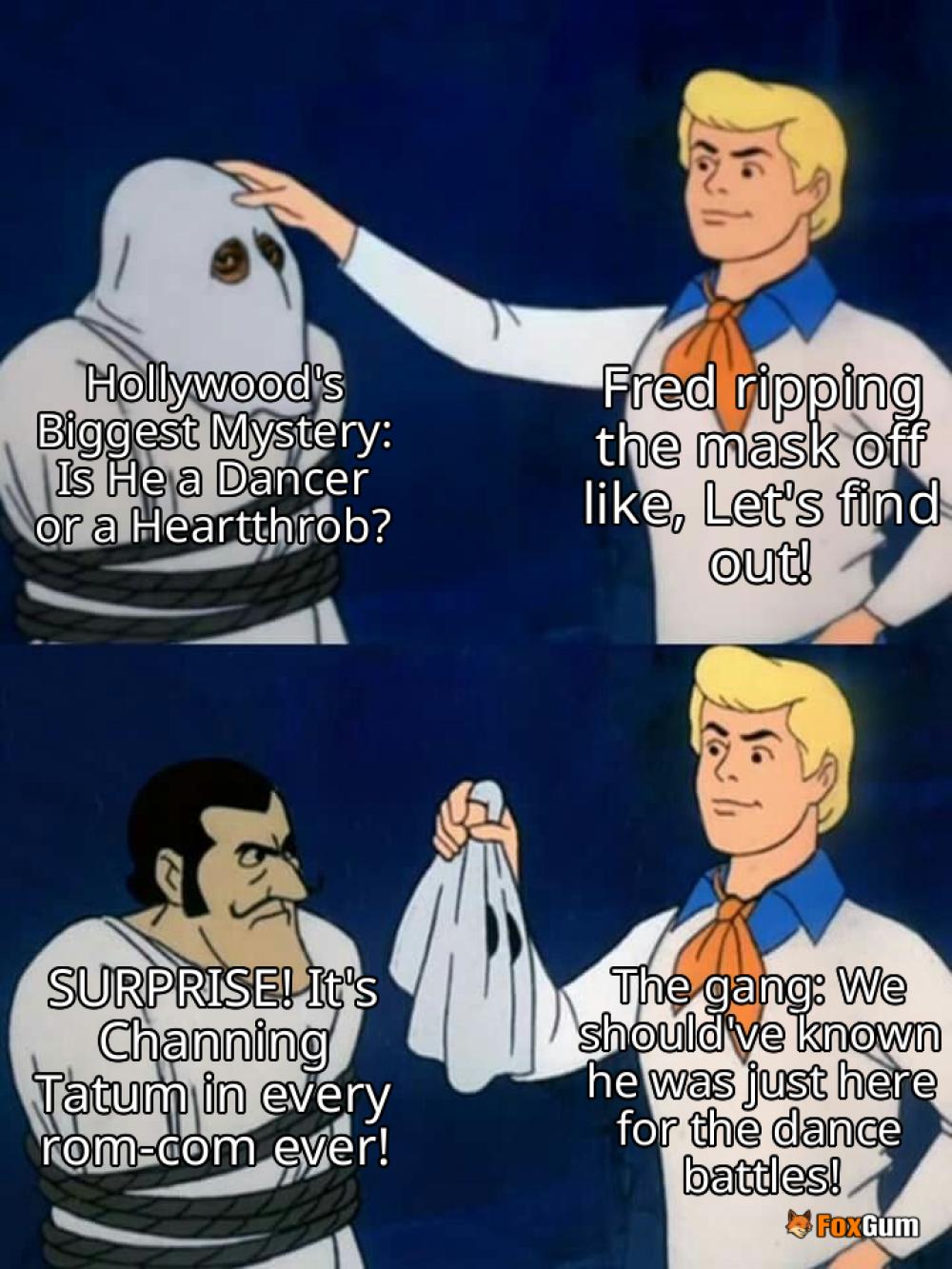
Ghost Stories
Introduction to Ghost Stories
Ghost stories have long captivated audiences, serving as a bridge between the known and the unknown. These narratives often explore themes of life after death, the supernatural, and the human experience of fear and curiosity. They can range from chilling accounts of hauntings to more benign tales that provoke thought about the nature of existence. This article delves into the phenomenon of ghost stories, examining their cultural significance, the psychology behind belief in the paranormal, and the impact of modern media on public perception.
The Cultural Significance of Ghost Stories
Throughout history, ghost stories have played a vital role in various cultures. They often serve as cautionary tales, moral lessons, or explanations for the unexplainable. In many societies, these narratives are passed down through generations, evolving with each retelling. The common thread in these stories is the exploration of mortality and the unknown, reflecting humanity's enduring fascination with what lies beyond death.
The Psychology of Belief
The belief in ghosts and the paranormal can be attributed to several psychological factors. Cognitive biases, such as the tendency to perceive patterns in random stimuli, can lead individuals to interpret ambiguous experiences as supernatural. Additionally, personal experiences, especially those that are emotionally charged, can reinforce beliefs in the paranormal. For many, ghost stories provide a framework for understanding their own experiences with loss, grief, and the inexplicable.
Modern Media and Ghost Stories
The advent of modern media has transformed the way ghost stories are told and consumed. Television shows, films, and online platforms have popularized paranormal investigations, often featuring skeptics who confront their beliefs. These portrayals can influence public perception, making the supernatural seem more accessible and real. For instance, a recent film, despite its initial promotional misspelling as "Ghost Storeis," has sparked discussions about the nature of belief and skepticism in the paranormal realm.
Types of Ghost Stories
Ghost stories can be categorized into several types, each with its unique characteristics:
- Personal Accounts: These stories often involve individuals recounting their own experiences with the supernatural. They can range from unsettling encounters to profound moments of connection with the deceased.
- Folklore: Many cultures have rich traditions of ghost folklore, which often includes tales of spirits that haunt specific locations or seek revenge for wrongs done in life.
- Urban Legends: These contemporary tales often blend fact and fiction, creating narratives that resonate with modern fears and societal issues.
- Literary Ghost Stories: Classic literature has produced some of the most enduring ghost stories, exploring themes of morality, justice, and the human condition.
Conclusion
Ghost stories continue to intrigue and provoke thought, serving as a reflection of our deepest fears and curiosities. Whether one approaches these narratives with skepticism or belief, they undeniably hold a significant place in cultural discourse. As society evolves, so too will the stories we tell about the unknown, ensuring that the fascination with ghosts and the paranormal remains a vibrant part of human experience.

















 Who is Carey Mulligan?
Who is Carey Mulligan? 
 Health
Health  Fitness
Fitness  Lifestyle
Lifestyle  Tech
Tech  Travel
Travel  Food
Food  Education
Education  Parenting
Parenting  Career & Work
Career & Work  Hobbies
Hobbies  Wellness
Wellness  Beauty
Beauty  Cars
Cars  Art
Art  Science
Science  Culture
Culture  Books
Books  Music
Music  Movies
Movies  Gaming
Gaming  Sports
Sports  Nature
Nature  Home & Garden
Home & Garden  Business & Finance
Business & Finance  Relationships
Relationships  Pets
Pets  Shopping
Shopping  Mindset & Inspiration
Mindset & Inspiration  Environment
Environment  Gadgets
Gadgets  Politics
Politics 